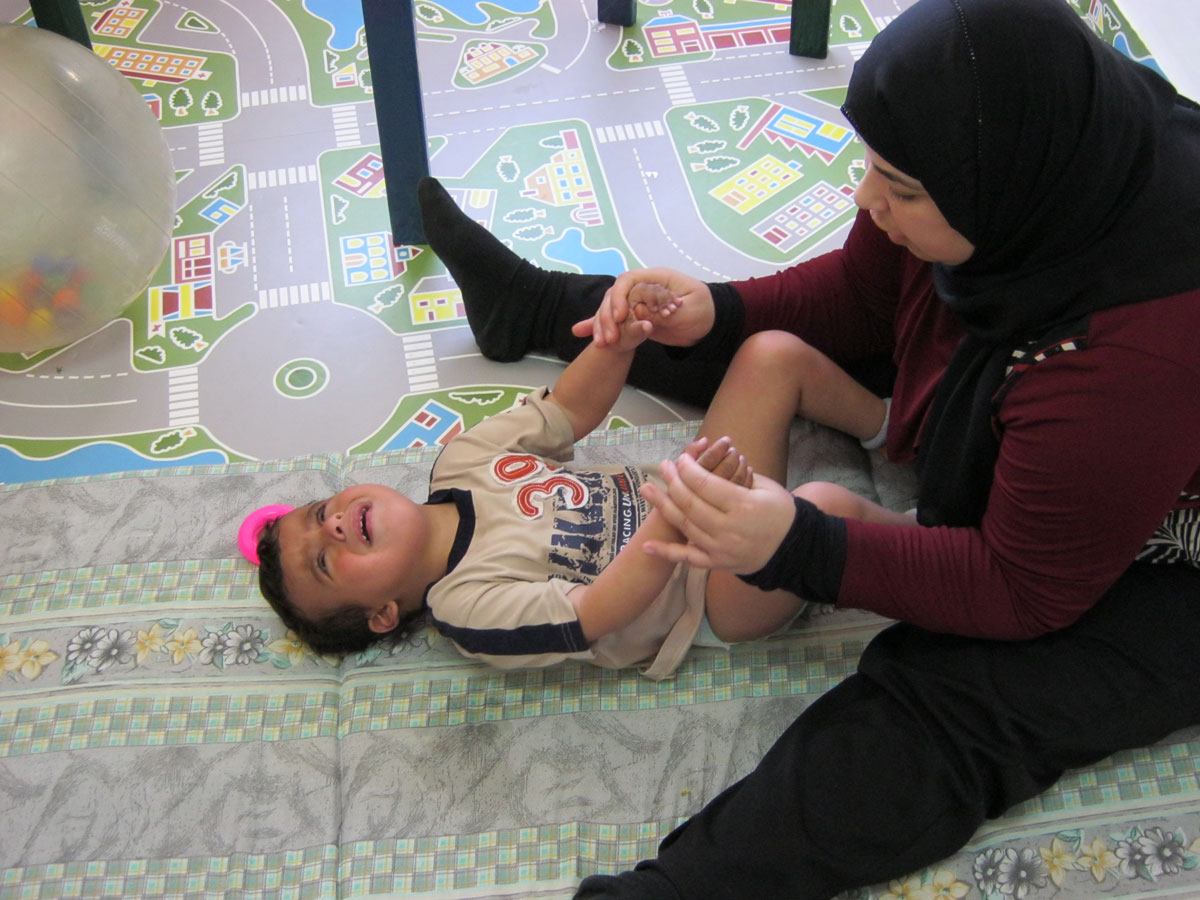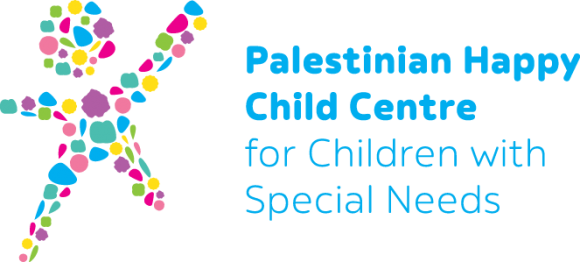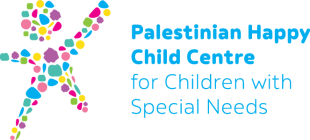
I will never forget the voice of the mother of a young martyr, as she told us of the death of her son. It was just after sunset when she noticed his absence. He was usually around by that time. She went racing out, with terror in her eyes, her shaky voice pleading with the rocks to tell her about her child. A few minutes later, his friends came in with the terrible news of the loss of her son. She was and is a Palestinian mother.
My mother in law lost Osama, her 23 year-old son, in Lebanon in 1982. He was killed by an Israeli sniper. Since then, each time I saw her, I wished that she could overcome her grief. Every day I was thinking that time would help her to forget, as time does in many others of life’s events. She continued to give as much love as she could to our kids: there is in our culture a saying that “dearer than a son or a daughter is their son or daughter”. But she never forgot her son. Yes, she had nine other children, but she continued saying that each child has a special place in the heart of the mother and this place can never be filled by any other person or thing.
She tried to cope with her grieving until the last moment of her life. In 1990, she was overcome by a tear gas grenade thrown by Israeli soldiers in her village close to Jerusalem. It exploded near her bedroom window “by mistake”, as the IDF explained after her death. With her serious heart condition, she succumbed to the heavy fumes. Worst of all, she died with deep pain in her heart for the loss of her son. She too was born Palestinian and died Palestinian.
Palestinian mothers remember the date of birth, weight at birth, first step, and first word of each and every one of their children. Even if a mother has several children and even if she is illiterate, she will remember all of the details. We are eight brothers and sisters. My mother kept a strand of hair from our first haircut. I still think of how she gave me my file when I left home. In it I found a prescription from a pediatrician when I was eight months old. Later on I worked with him when I became a doctor. I showed him his 25 year-old prescription. My mother is Palestinian.
From my own 18 years of experience with mothers all over the West Bank and Gaza I have always gotten the impression that they are very aware of their children’s health and well-being, no matter how many they have. And as a pediatrician I have learned a great deal from mothers that medical schools can’t teach us, issues related to our culture and our attitudes.
I experienced motherhood when I gave birth to my first daughter by caesarian section, as many mothers do all over the world. Sometimes we are scared to give birth, especially for the first baby. I still remember when Dana was put in another room with other newborn babies and at night I jumped from my bed as I heard her crying. I recognized her voice among seven other babies’ voices.
We Palestinian mothers breastfeed our babies as do many mothers all over the world. The UNICEF study showed that 97% of us breastfeed their babies. I remember helping mothers to give birth in many parts of this globe, of different ethnic groups, different colors, different cultures, and different religions. My second daughter Tala was born normally. But what I remember most clearly is that all of us had the same pain and the same joy. Sometimes we even die while giving birth, as is the case is other developing countries. Maternal mortality rate in Palestine is still high. I will never forget what once happened when I was flying back home with my 4 year-old daughter Dana, in a charter flight. She was the only child, along with Daniella, an Israeli girl of almost the same age. Something seemed to have gone wrong with the airplane, and we all became as one family in the face of death. Dana and I were the only Palestinians. When we landed at the Tel Aviv airport, Dana and Daniella stuck together like sisters. After having gone through passport control, we were stopped by security as all Palestinians invariably are. Both children made a loud fuss, and they were allowed to pass together, just as they had passed through the experience of possible death together.
I have an American friend, a German, a Russian and another French friend. We are all about the same age, exercise the same profession, and have children about the same age. The other day, when Israeli helicopters shelled Ramallah, Beit Jala and Beit Sahour, all of us experienced the same quickened heartbeats and elevated blood pressure. Most of all, we were scared that our children would be hurt. Biologically, we are all the same, but some people think that I am less human than other mothers, just because I am Palestinian.
Studies bearing on Palestinian mothers show that, like other members of the community, they draw on various ideologies, identities, and systems of meaning to make sense of who and what they are, particularly during times of crisis. The cultural and political reality of Palestinians under prolonged occupation and exposure to various kinds of political violence has fostered a search for solace from their harsh conditions and provided them with strength and meaning through political and religious beliefs.
In this context, ‘martyrdom’ is acknowledged as necessary suffering in their legitimate political struggle; their drive to go on and to maintain their national resistance is fueled by a religious belief in jihad and ‘shahadah’ or martyrdom.
Why do some people claim that we throw our children into the streets to be killed? Do we love our children less because we want them to live a happy life in a free country? These types of statements are, I believe, racist, because they picture us as sub-human or inhuman.
Rather than accusing Palestinian mothers of not being mothers, I think those people should consider the fact that Israel is the only country that, in the twenty-first century, is still occupying the land of another people. And that 99% of all youth who are participating in the struggle against the Israeli occupiers were born in the last 33 years, that is to say, under occupation. 100% are of the generation of the first Intifada. The majority of them have witnessed all of the forms taken by the occupiers’ aggression, 42% of them witnessed beating of their fathers before their eyes, 92% of them were exposed to tear gas, 85% witnessed night raids, 19% were detained and 23% were injured.
Studies on Palestinian children have showed that they have a positive self concept and high self-esteem. They likewise have a limited understanding of the consequence of death, and of living in a dangerous situation. What else could be expected from a generation of war?
We don’t want to see our children suffering, we would prefer to channel all the anger, fear and hatred into something constructive rather than damaging. But we insist on the right of our children to live in dignity, in a free country. Who can deny us this right?
This brings to my mind what happened to my younger child, Tala. Despite the difficult situation through which we are going, she was having a good time preparing popcorn to sell at a school function, the so-called ‘white gifts ceremony’. Suddenly, Israeli settlers or soldiers began shelling the neighborhood. She looked up at me and said: “This is no joke! They are shooting with 800 mm and not 500 mm this time”. Like other Palestinian children, she has begun to differentiate between the sound of different shells and bullets!
Unfortunately Israelis are insisting on teaching our children the language of war instead of peace!
By: Jumana Odeh MD, MPH – Christmas 2000
Director of The Palestinian Happy Child Center.
Al Quds University – Faculty of Medicine,& School of Public Health.
Email: phcc99@palnet.com

